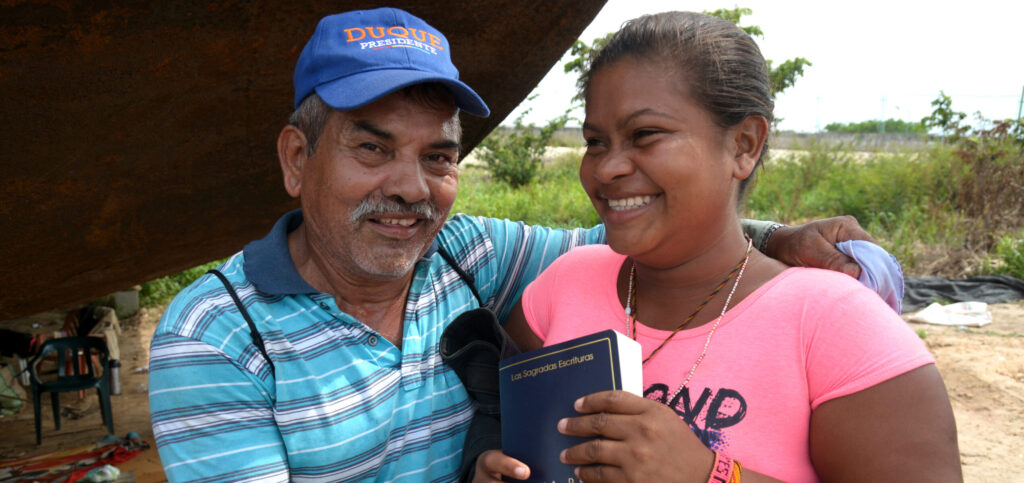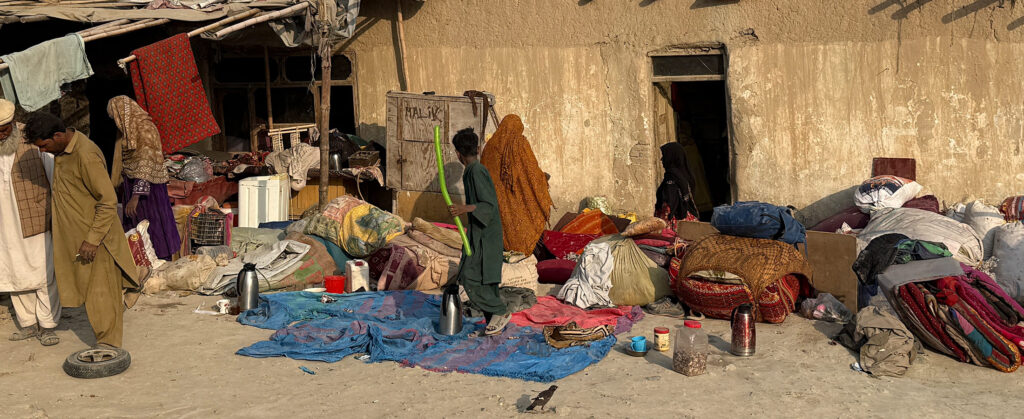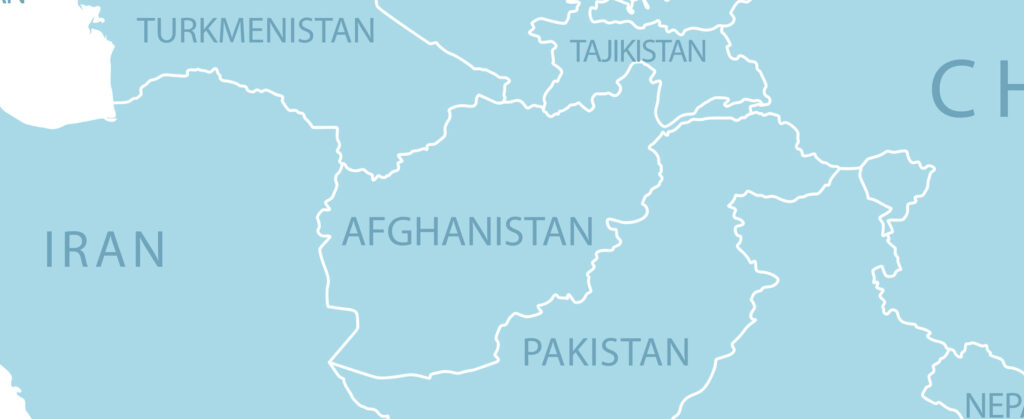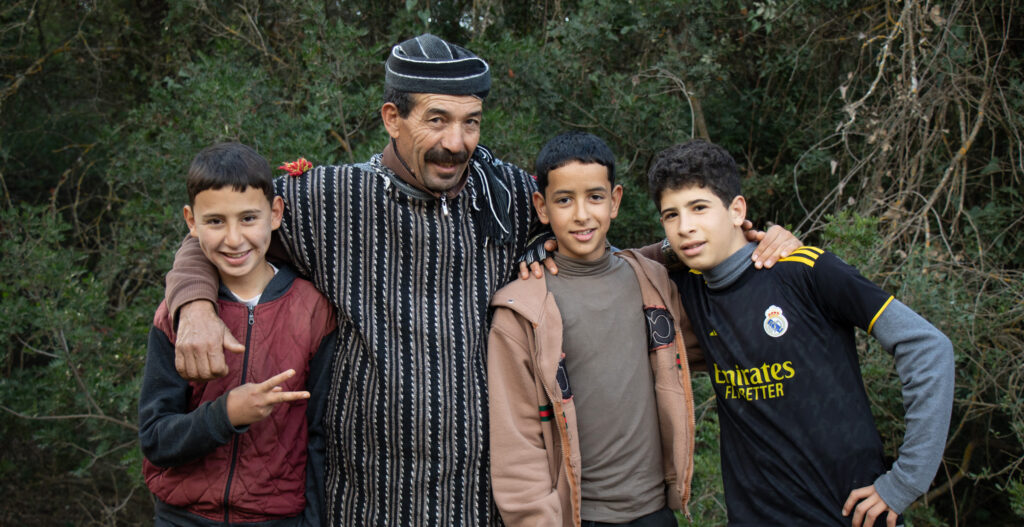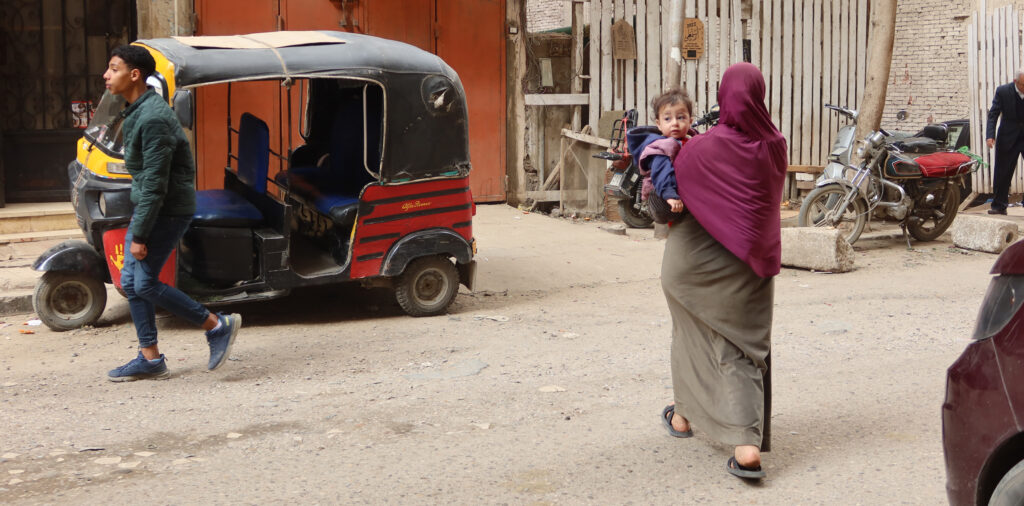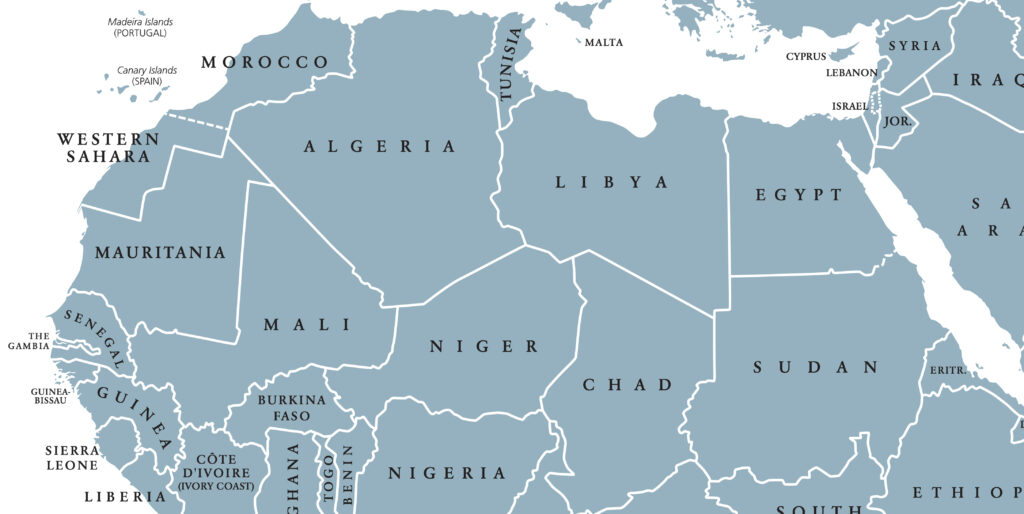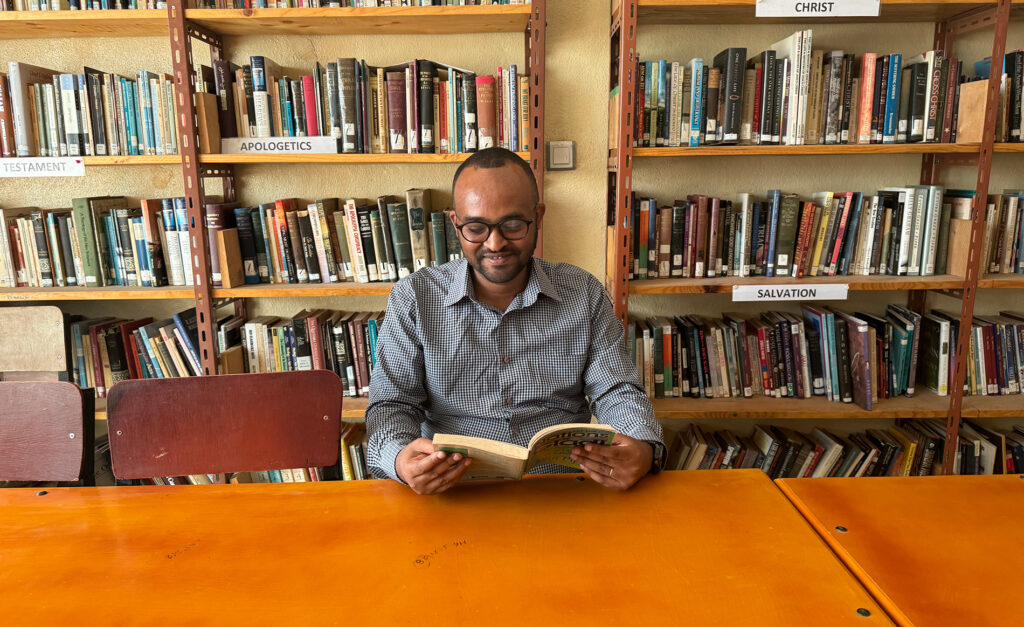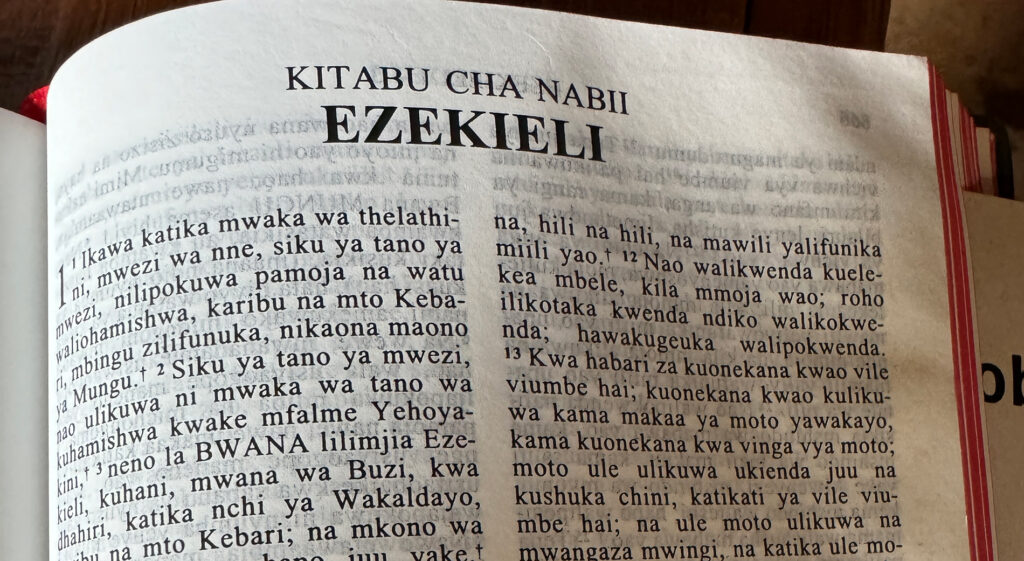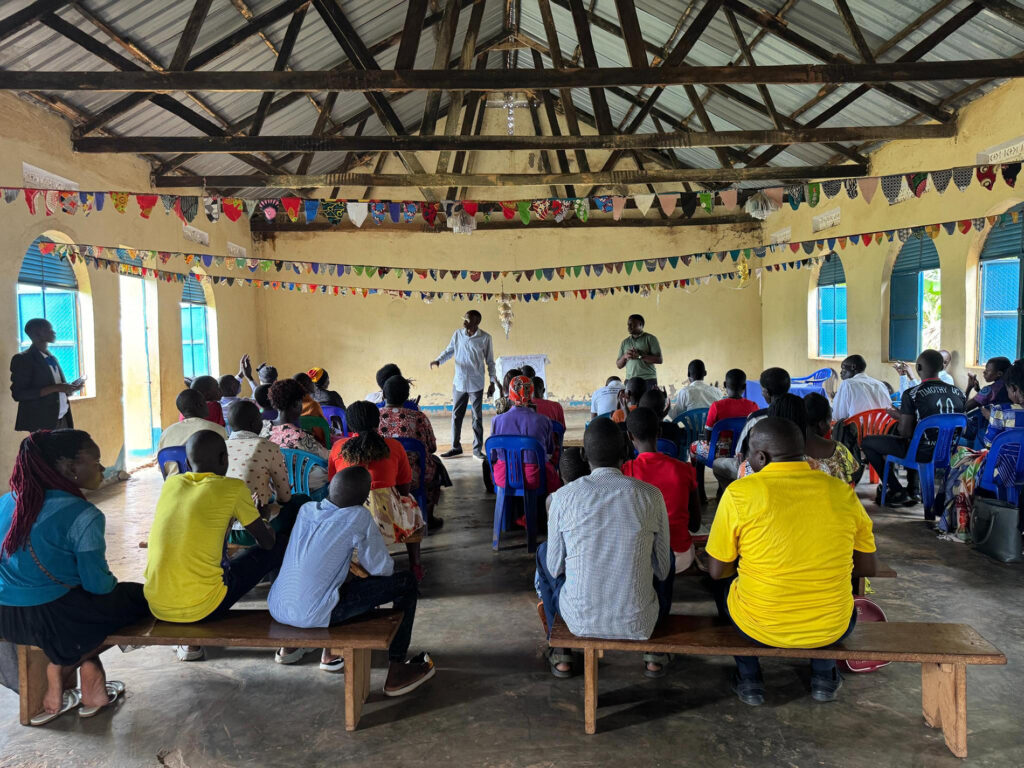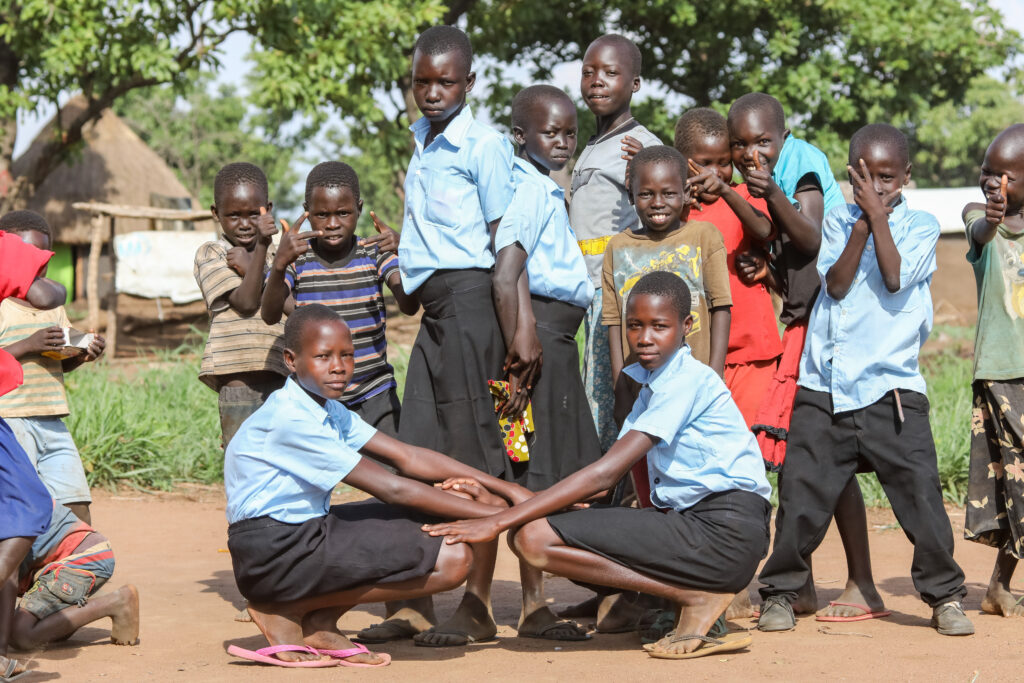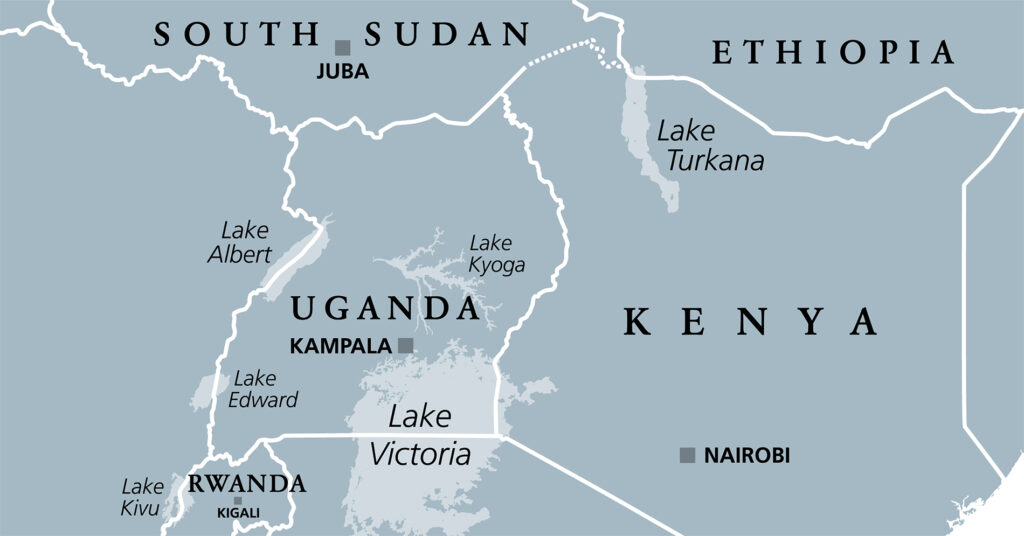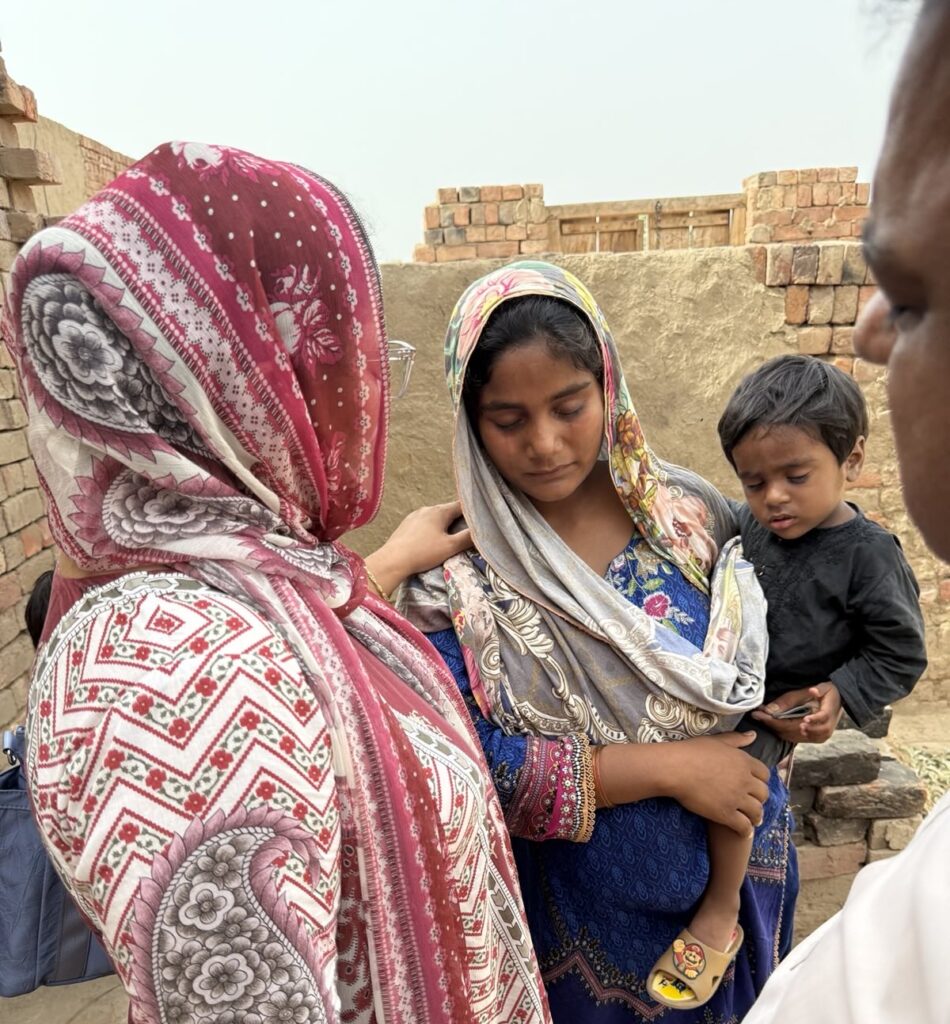By ICR partner Carlos R.
The murder of the Christian leaders of Calamar manifests a violence that is difficult to comprehend. How did someone come to the decision to end the lives of six men and two women in this way?
At first glance, there is no explanation, unless Colombia is once again living the horrors of war. Perhaps in this context we can understand the viciousness with which these leaders were killed.
During the last six months, Colombia has experienced very rapid and drastic changes. In the first half of January, a conflict broke out in Catatumbo, which led President Petro to declare a state of emergency. Then, in June, there was an assassination attempt on a presidential candidate who was a severe critic of the president.
The Church in Colombia has also undergone changes in its public and political life. President Petro’s direct attacks on the Christian church and the polarization within Christian groups (some in favor of the government and some against), and the dismissal and installation of a new Religious Affairs minister are some of the changes. These have put a stop to advances made by the Church in recent year.
During these situations, my team and I heard whispers of violence against the church in the Catatumbo area of Colombia in the eastern jungles.
We decided to go there and interview the pastors of those places and listen to them. This is what we heard:
“To work there, you ask permission from the commander.”
“We have no option to say no when that authority gives us a position of community leader.”
These Christians also pointed out, “Even if there is a disagreement or conflict between the members of the church, it is not the laws of Colombia that decide, it is the word of the commander that decides.”
José, a pastor who lived in the middle of the Catatumbo region, has four children, two of them boys ages 14 and 18. He told us: “As soon as the National Liberation Army (ELN) arrived, we realized that the situation had changed, and calm was gone. They would come into your house and take what they wanted. We even had to feed them. The Armed Revolutionary Forces of Colombia (FARC) doesn’t like that, but what do we do? My father, also a pastor, taught me that we should flee when we could. My father fled so that I would not be recruited by the guerrillas. When they tried to recruit my children, I knew it was time to flee. I prepared everything and a week before the war started, my family and I were already gone.”
We interviewed a dozen pastors in the area, some of whom we found in government-run shelters, others in hiding places, including many who fled because they were threatened with death.
Government documents confirm what is happening in the region. “As of August 4, 2024, the ceasefire expired and military operations and police operations against the ELN resumed…
“… according to intelligence sources, the ELN sent members of the Eastern War Front from the department of Arauca to the Catatumbo region to strengthen its presence and carry out the criminal actions that began on January 15, 2025.
“…The population faces serious risks that not only have a negative impact on their fundamental rights to life, personal integrity, security and peace, but also have a profound impact on political processes, social, economic and cultural that would allow the success of the reincorporation process and, with it, of the Final Peace Agreement.
Thus, we can say that the church is in the midst of a war. The time of peace is over, and the church must learn to live in the middle of hostility or perhaps flee from it.
In Matthew 10:23, our Lord Jesus taught that fleeing is a possibility when we are persecuted. When a denominational leader asked for advice on what to tell one of his pastors in the zone, we told him, “We can share what the Bible teaches about it, but we can’t tell you what to do. Perhaps God has given that person a task that we do not know of. But we can support the pastor so that he is able stay in the area.”
The recent murder of eight evangelicals is an example of what our brothers and sisters live every day in those regions of Colombia. God give us grace and wisdom to continue to reach this part of Christ’s church that suffers for its faith.
Colombian government document source:
https://www.suin-juriscol.gov.co/viewDocument.asp?ruta=Decretos/30054344
